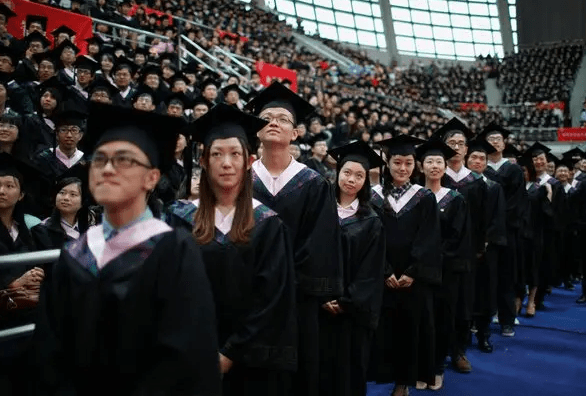
The paradigm of higher education in China has changed since Xi Jinping came to power in 2013, particularly a discursive shift by the government is observed regarding how universities are conceived in the country. Based on that, the article “University internationalization in the People’s Republic of China: In the process of securitization?”, available in the Latin American Journal of Asian Studies, investigates how, within the framework of securitization, the logic of the internationalization of higher education, moving from a process of opening to one of discouraging the entry of ideas from abroad.
How is the Internationalization of Higher Education conceived?
Internationalization is understood as a planned and promoted process for political, economic, sociocultural and academic reasons. Along these lines, the Chinese Communist Party regulates its internationalization as a way to ensure that it does not affect political stability and, in turn, promotes economic development.
In fact, it can be seen that, since the 1980s, with the opening of China, it was decided to send students abroad as a way to reduce the gap with developed countries, as a way to analyze the Western worldview around the model. of modernization of their universities. Even in the new millennium, the strategy was extended to the export of Chinese knowledge to the world.
Likewise, English began to be used as a language of instruction to attract international students and provide an international perspective to its students without the need for them to leave their territory. The consequences of these policies are manifested in elements such as going from being the twelfth largest producer of scientific articles in the world to being the second currently.
Comprehensive National Security in Higher Education
Since Xi Jinping came to power in 2013, the protection of national security has been essential. Within this ideological and political framework, there are effects on higher education in terms of how universities should interact with the outside world.
Regarding the above, the government adopted measures to regulate education in the country through the limitation of foreign texts in the Chinese educational curriculum and private tutoring. This therefore suggests a shift in focus towards discouraging practices that were previously promoted, such as the importation of educational materials and the training of students in Western institutions.
To learn more details about the presentation of results regarding the securitization of Chinese government discourse in Higher Education, we invite you to read the full article on the Magazine site.
DOI: https://doi.org/10.5354/2810-6865.2023.72623
AUTHOR OF THE SYNTHESIS: LEONARDO BENAVIDES SALAZAR
Student mobility coordinator of the International Relations Department of the University of Chile. He obtained his Master’s Degree in International Development and Cooperation at the Institute of International Studies of the University of Chile.
Source: https://reporteasia.com/rlea/2024/04/24/internacionalizacion-universitaria-republica-popular-china-proceso-securitizacion/

